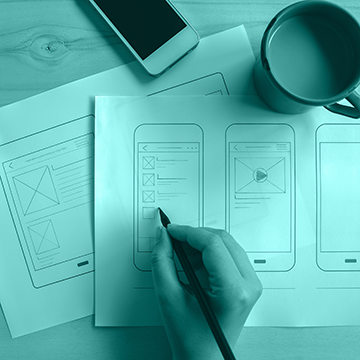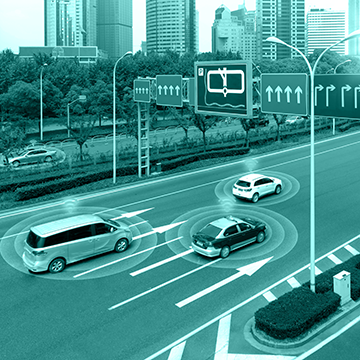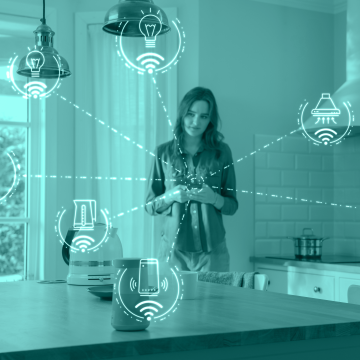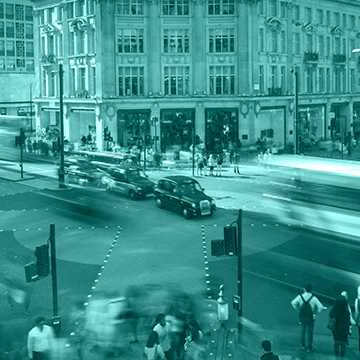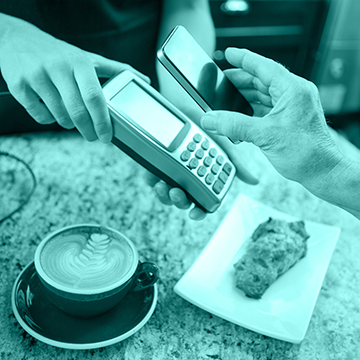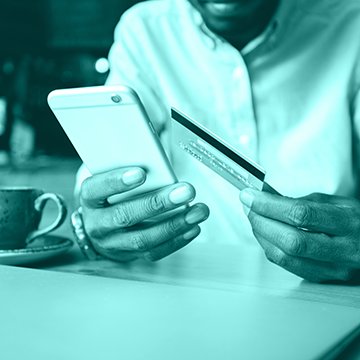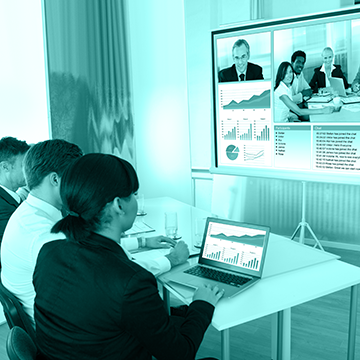Blockchain
Blockchain is a technology with the potential to revolutionise industries worldwide
Our Expertise
Whilst championing emerging technologies, we have become experts in blockchain strategy consulting. From conception to launch, we create game changing go-to-market plans for our clients. With a bespoke design, our delivery considers the specific needs of each client. Disrupting blockchain takes the same skills as disrupting other emerging technologies. Blockchain is more than cryptocurrency and we are here to help you unlock its full potential. It is developing smart cities, legal infrastructure and financial institutions around the world. See our whitepaper on blockchain and its disruptive capabilities here.
RDC can support your business needs in:
-
Blockchain market intelligence
-
Strategic blockchain planning
-
Blockchain M&A
-
Go-to-market proposition development for blockchain
-
Blockchain sales enablement
-
Implementation of blockchain into your services.
What is blockchain?
Common knowledge of blockchain always focuses on cryptocurrencies (usually Bitcoin) and NFTs. Yet, this is a limited representation of blockchains many applications. Put simply, a blockchain is a distributed, unchangeable, digital ledger of transactions. Each block in the chain contains transaction records. Once recorded data cannot change. As a result blockchain is extremely secure as tampered data stands out. Blockchain is also used to track assets. For instance, tangible assets like a house or intangible assets like branding. Virtually anything is trackable and tradable on blockchain, reducing risk, and cutting costs.
How does blockchain work?
In detail, blockchain stores information, e.g. asset ownership, within blocks. These blocks are linked, or “chained,” together and secured using cryptographic methods. Each block contains a group of transactions (or entries) and a secure link (known as a hash) to the previous block. New transactions enter the chain after validation. This is done via a consensus where authorized members agree on transactions sequences.
In effect, blockchain lets people — especially untrustworthy people — securely share valuable data.
Some computers on the network (miners) must solve cryptographic problems to verify transactions . This requires substantial computing power, making it difficult and expensive to manipulate data. Network success, thus, relies on broad network participation, otherwise known as decentralisation.
Components of blockchain
Every chain consists of many blocks with three basic elements:
-
Data in the block
-
Nonce — “number used only once.” A nonce is a random whole number generated when a block is created, this subsequently generates a block header hash
-
Hash — a number permanently attached to the nonce.
Mining creates new blocks by solving complex maths problems. Solving such problems identifies a nonce which generates an accepted hash. There are roughly four billion possible nonce-hash combinations. Every block has a unique nonce and hash, and also references the hash of the previous block in the chain. So, mining a block isn’t easy, especially on large chains.
The origins of blockchain
In 1982, doctoral candidate David Chaum outlined a blockchain database in his dissertation. Following on, Chaum launched DigiCash in 1989. This introduced cryptocurrency called digicash, eCash, and cyberbucks. However, the project never took off, declaring bankruptcy in 1998. In 1992 Stuart Haber and W. Scott Stornetta extended the work of cryptographically secured blocks . They envisioned authenticity verification by timestamping digital documents. By running the document through a cryptographic hashing algorithm they produce a unique document ID. Changing a single bit in the document creates a completely different ID. In 2008, Satoshi Nakamoto published “Bitcoin: A Peer-to-Peer Electronic Cash System.” citing Haber and Stornetta in three of the eight referanced papers. Nakamoto implemented the design the following year as a core component of bitcoin. It took more than two years for a Bitcoin to reach value of one U.S. dollar. However, by 2017, Bitcoin’s price hovered around $1,000 until mid-May when it broke $2,000. After that it skyrocketed to $19,345.49 on 15 December. In short, mainstream investors, governments, economists, and scientists took notice. At this time, other entities began developing cryptocurrencies to compete with Bitcoin. Blockchain entered the mainstream.
Evolving blockchain
Undeniably, blockchain has never been a one use case proposition. For example, supply chains use it to track and verify transactions. Further, lawyers use blockchain create smart contracts. Plus, medical institutions use blockchain to secure, store and transfer medical records. Undoubtedly, institutions across sectors are exploring blockchain use cases. Companies chiefly hope to use blockchain to increase efficiency, reduce costs, and improve transparency. Governments use blockchain for land management, property records, voter tracking, and digital identities.
While blockchain is still young, some companies are implementing and integrating it. For example, in 2022, Unilever piloted SAP’s GreenToken. In brief, it did this to improve transparency in it’s palm oil supply chain. As a result, Unilever could, in real time, track the origins and journey palm oil takes in its supply chain.
Blockchain trends to watch
Expansion of Blockchain-as-a-Service
Companies of all sizes are adopting Blockchain-as-a-Service (BaaS) solutions in order to streamline their operations. Blockchain-as-a-Service enables cloud services for building, use, and hosting blockchain projects. As things stand, tech giants like Amazon, Microsoft, and IBM lead BaaS services. They use Ethereum, Corda, and Hyperledger to provide BaaS solutions.
Sustainable blockchains
Blockchain mining is a rigorous process that has high electricity consumption. Owing to this, reducing blockchain carbon footprint is a top priority. Solutions include carbon offsetting, energy-efficient mining tools and choosing Proof-of-Work mechanisms over Proof-of-Stake.
IoT and blockchain
Blockchain technology will significantly affect IoT.
-
Enhanced security: Offering a decentralized platform for storing and managing data. This is important for IoT as connected devices generate and send information
-
Improved interoperability: Enabling devices from different manufacturers to seamlessly interact with each other. This helps reduce the complexity and costs associated with integrating different IoT system
-
Increased automation: Enabling self executing contracts with agreed terms written into the code. Increasing automation within IoT, such as supply chain management or asset tracking
-
Improved traceability: Improving traceability within IoT using a transparent and tamper-proof transaction record. This is useful for tracking supply chains or monitoring connected device performance.
Blockchain is an immutable transfer pathway
In conclusion, business runs on information. The faster data is received and the more accurate it is, the better. Blockchain is without a doubt a perfect technology to deliver this information. Not only does it provide immediate transparent records, but it stores them on an immutable ledger. Stay ahead of competitors in a rapidly changing market with blockchain strategy consulting.
Get In touch
If you have a requirement you would like to tell us about request a call back below


